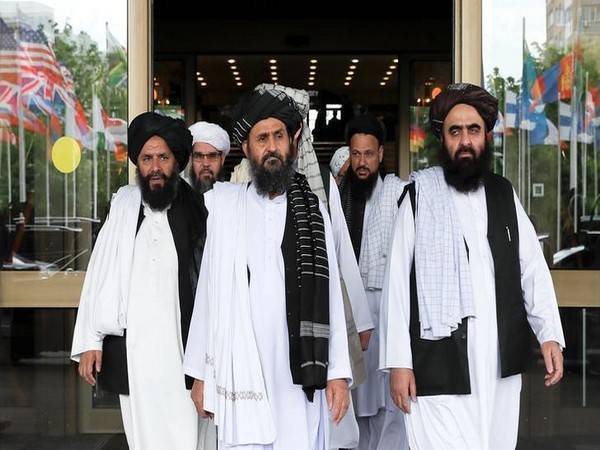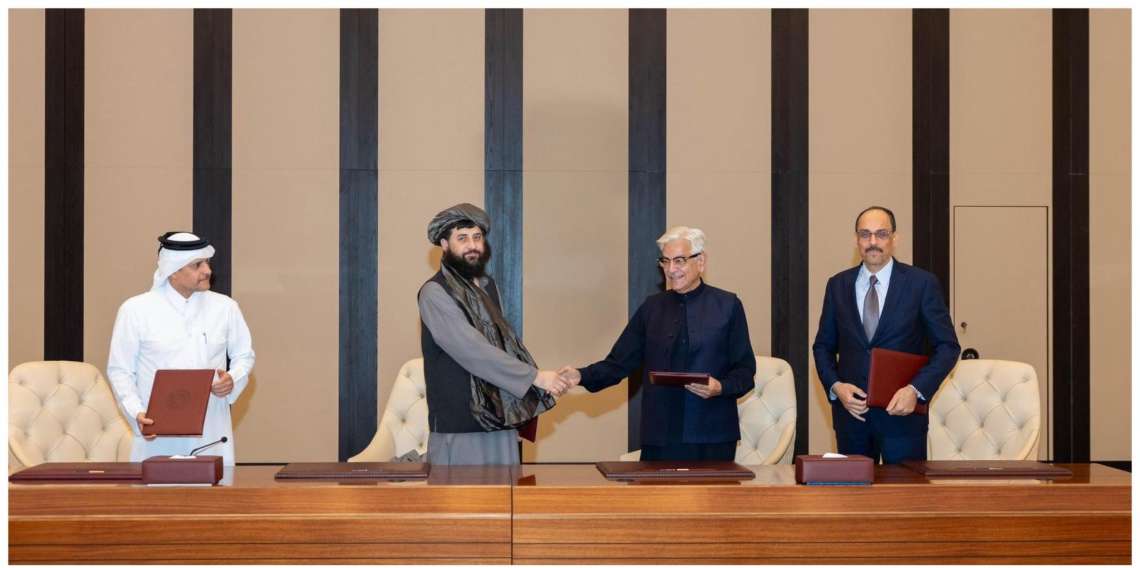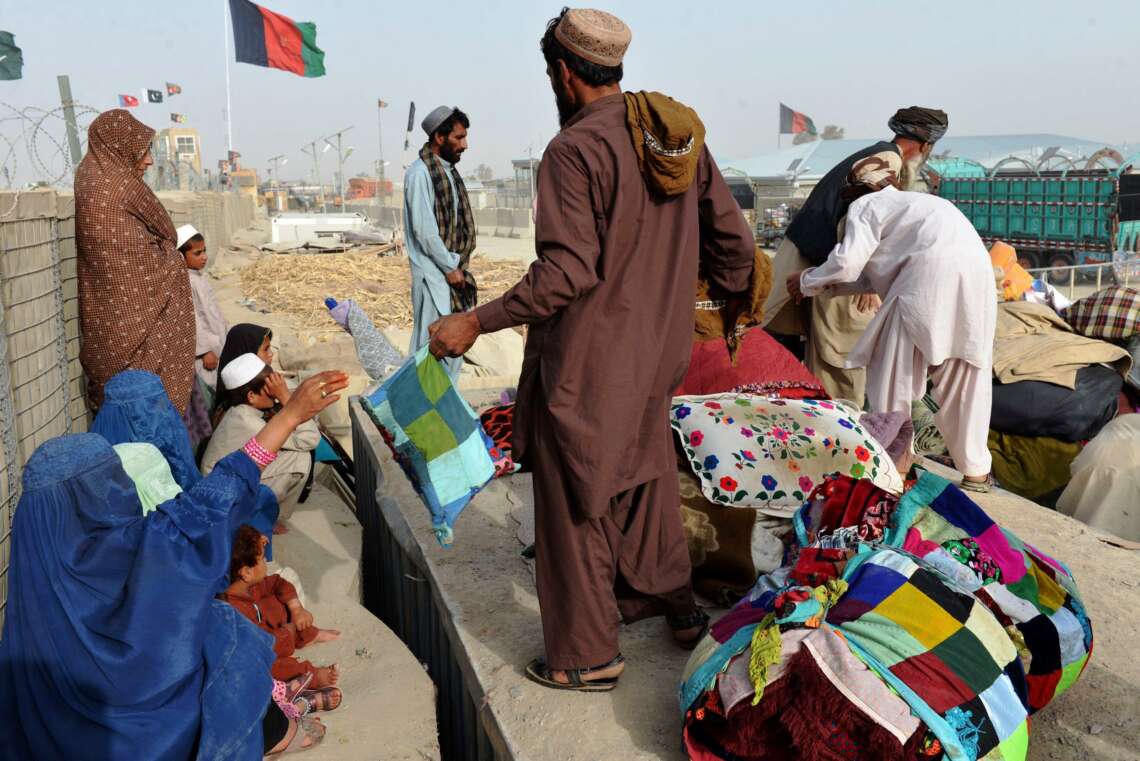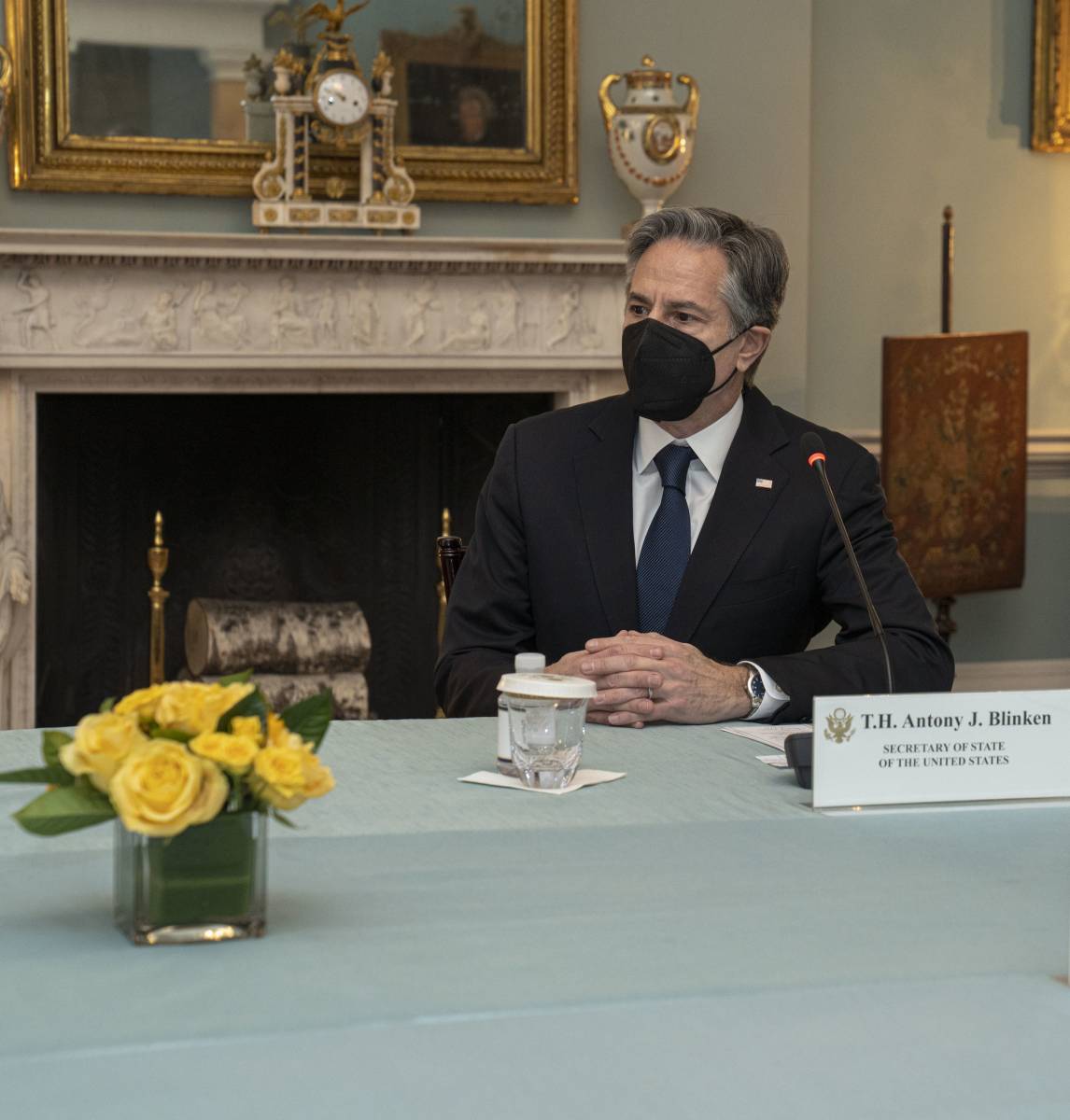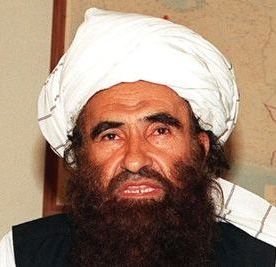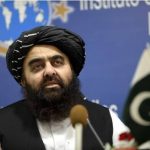The deputy spokesman of the Islamic Emirate, Inamullah Samangani, has overruled the statement and any interference into media affairs….reports Asian Lite News
The Taliban on Tuesday denied reports of interfering with media and said that it believed in media freedom after the Free Speech Hub expressed concerns over restrictions on the media.
The Free Speech Hub, a media-supporting organization in Afghanistan, expressed concerns over media freedom and said that the media in Afghanistan has not been completely free since the fall of the republican government, and journalists face systematic censorship, reported Tolo News.
The Free Speech Hub statement said that the media faced restrictions besides the economic problems that have greatly increased since the collapse of the former government, and forces affiliated with the Islamic Emirate’s intelligence body are putting pressure on the media and journalists.
“Afghanistan media and journalists are under pressure by the intelligence forces of the Islamic Emirate and they are trying to compel media and journalists to censor themselves,” the Free Media Hub said, reported Tolo News.
The deputy spokesman of the Islamic Emirate, Inamullah Samangani, has overruled the statement and any interference into media affairs.
“We are making efforts to create good coordination with the media and (give) good opportunities for them to survive and continue their activities. The presence of a free media is necessary for a good and accountable society,” said Samangani.
At the same time, officials at media-supporting organizations urged the Islamic Emirate to respect media freedom, reported Tolo News.
“Any kind of interference with media activities and affairs is a step toward violating media’s independence and freedom, and this is a source of concern for the Afghanistan National Journalists Union,” said Masror Lotfi, head of Afghanistan’s National Journalists’ Union (ANJU).
“As the free Speech Hub reported–and expressed concerns–these problems truly exist and there are some efforts to impose restrictions on media and journalists by some organizations,” said Hujatullah Mujadid, head of the Afghanistan Independent Journalists Association (AIJA).
Since the Taliban took control of Afghanistan in mid-August, media and journalists have lost their independence in the crisis-torn country. (ANI)


